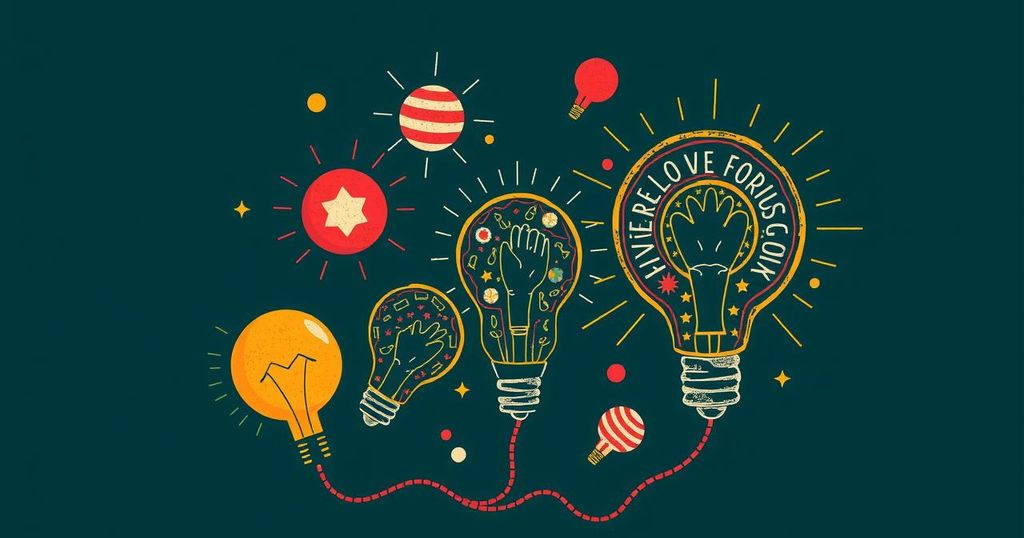The Vital Importance of Attention: Finding Balance Amidst Political Turmoil

This essay urges readers to reconsider the overwhelming focus on presidential politics, advocating for a more balanced approach that prioritizes personal well-being alongside civic responsibilities. While recognizing the importance of participating in democracy, it stresses the necessity of protecting one’s mental health by engaging with life beyond the news cycle.
In contemporary society, it has become increasingly difficult to shift our focus away from the fervent atmosphere surrounding presidential elections. Many believe that one cannot afford to disengage from the political landscape; indeed, the prospect of potential crises engulfs our collective attention. However, it may be both prudent and responsible to consider rebalancing our focus away from the incessant political drama toward aspects of life that nurture our well-being and reinforce our democratic values. It is vital to clarify that advocating for a decrease in engagement with political discourse does not imply neglecting one’s civic responsibilities such as voting or participating in political activities. Rather, it is a call to recognize the importance of allocating our attention to other enriching experiences in life. Engaging with our built-in human limitations can foster a healthier mindset not only for our personal lives but also for the larger democratic system. To illustrate this notion, the anecdote of philosopher Raymond Aron vividly portrays a contrasting perspective on engagement with current events. During a leisurely afternoon in the Jardin du Luxembourg, he encounters fellow scholar Simone Weil, who is deeply troubled over a labor strike in Shanghai. While Weil’s emotional investment in global events is indeed commendable, the majority of individuals cannot sustain such a heightened level of concern across all global occurrences without risking their own mental well-being. In an age dominated by an insatiable media landscape, consumers of information must recognize that our attention is an invaluable currency. News organizations and political factions often amplify narratives to captivate our focus, tempting us to prioritize political developments over personal relationships and local experiences. As a consequence, individuals may find themselves ensnared in the rhythm of the news cycle, convinced that their devotion to current events equates to a meaningful contribution to democracy. This phenomenon paradoxically mirrors a hallmark of totalitarian regimes where political narratives monopolize our inner lives.
The discourse around mental well-being amidst the relentless focus on political events is becoming increasingly relevant. The article discusses the necessity of redefining our attention economy, emphasizing that while political engagement is vital, there needs to be equilibrium between civic duties and personal life enjoyment. The interconnectedness of our mental health and democratic engagements is pivotal, highlighting the danger of being overtaken by political obsessiveness. The mention of specific historical contexts, like the reaction of named philosophers toward distant events, reveals the strain contemporary individuals feel within an attention-driven environment. The piece encourages a nuanced understanding of why one should strive for a holistic existence, acknowledging political events while also investing in the local and personal.
In conclusion, the need to manage our attention in a politically charged atmosphere is both a personal and civic imperative. Rather than succumbing to the pressure of constant political engagement, individuals should cultivate moments of personal joy and connection to reinforce their well-being. By prioritizing a balanced attention to both civic duties and personal experiences, we can contribute to a more resilient democracy without deteriorating our mental health. The pathway to a healthier civic engagement lies in understanding our limitations and recognizing the intrinsic value of life beyond the political narrative.
Original Source: www.nytimes.com






